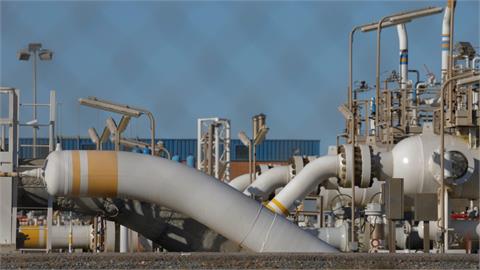The U.S. Energy Storage Association announced on Tuesday its "deep concern" that tariffs on Chinese lithium-ion batteries and related equipment would have an immediate and adverse effect on grid energy storage deployments in the U.S.
The association warned that the storage industry needs greater certainty for future investment and hiring decisions, considering the industry represents one of the fastest growing areas in the U.S. energy sector. "Our innovative companies are changing the business model in the electric industry. And now is not the time to disrupt the international supply chain as we work to build a resilient, efficient, sustainable and affordable grid for all Americans," the statement read.
The proposed tariffs will stymie growth and job creation as energy storage projects already contracted are delayed or canceled, according to the association, and higher costs and uncertainty will create barriers at a time when the demand for improved resilience and clean energy is rising across the nation.
"To maintain business continuity and growth in the storage sector, policymakers should not impose tariffs on batteries and related equipment. Instead, they should enact the plethora of existing bipartisan legislative efforts that have been introduced in statehouses across the country and in Congress," the association warned.
It underlined that they look forward to working with officials to avoid the mistake of imposing tariffs that would hinder the efforts to modernize the American electric system. Washington and Beijing are engaged in a trade war since Trump imposed heavy tariffs on imported steel and aluminum items from China in 2018.
Most recently, the U.S. has increased tariffs on $200 billion goods from China, from 10% to 25%, while trade talks between the two largest economies of the world broke down without securing a comprehensive trade pact on May 10.
The list of earmarked items by the Office of the U.S. Trade Representative (USTR) included lithium-ion batteries and static converters, which are both used in energy storage systems. In a tit-for-tat move, China also imposed tariffs on billions of dollars of American imports.
The trade between the two nations was 1.1 trillion yuan ($173 billion) from January to April, down 20% in 2018 from the previous year when tensions began, according to the China's General Administration of Customs (GAC) data.
(Anadolu Agency)



